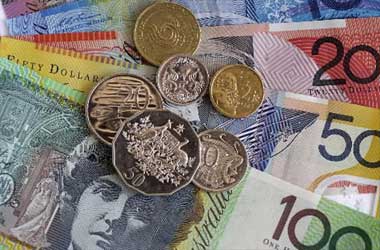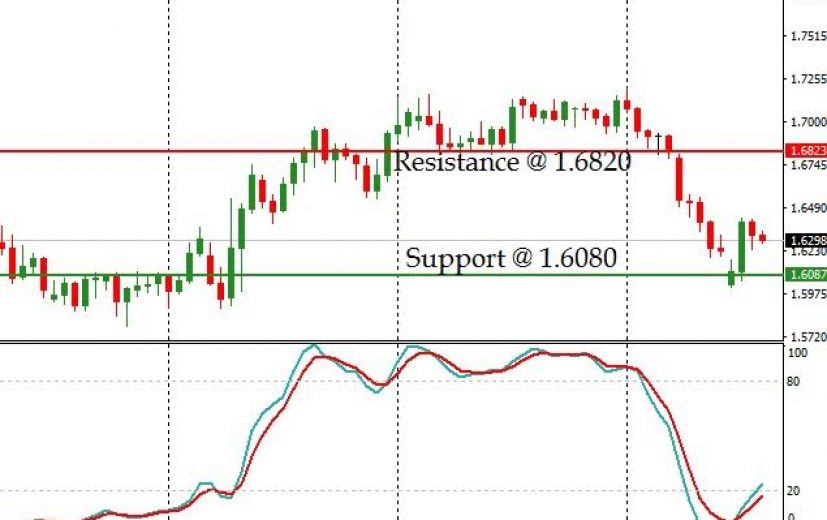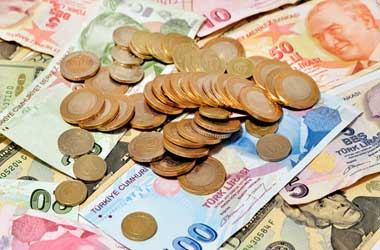 The annual Financial Times report for 2017, prepared on the basis of a survey conducted among economists tracking developments in the UK, warned the possibility of slower growth, decrease in business investments, and squeezing of household incomes due to higher inflation.
The annual Financial Times report for 2017, prepared on the basis of a survey conducted among economists tracking developments in the UK, warned the possibility of slower growth, decrease in business investments, and squeezing of household incomes due to higher inflation.
The report triggered another round of selling in the Pound in the first week of January.
The Caixin (China) manufacturing PMI reading of 51.9, on the other hand, aided the Aussie to strengthen against the Pound. Ultimately, the GBP/AUD pair touched a low of 1.6017 on Monday.
A day later, the Pound regained a portion of the lost ground to record a high of 1.6425 on the basis of optimistic Brexit related speech made by the Britain’s Prime Minister Theresa May. We anticipate the uptrend to continue because of the reasons mentioned below.
euronews (in English)
On Wednesday, the UK Office for National Statistics (ONS) reported a 2.8% y-o-y rise in the average earning index reading in November 2016. The data indicate that the enterprises are willing to pay higher prices for labor. The reading surpassed analysts’ expectation of a 2.6% increase in the average earning index.
The ONS also reported the Claimant count change data for December 2016. The number of people who claimed unemployment benefits in December declined by 10,100, compared with analysts’ expectation of an increase in claims by 4,600. In November, the Claimant count change increased by 1,300.
The Australian Bureau of Statistics reported an unemployment rate of 5.8% in December, against the market’s expectation of 5.7%. However, 13,500 jobs were added to the economy in December, compared with analysts’ expectation of an addition of 10,200 jobs.
The price of coking coal, the second largest export revenue earner for Australia, declined to $175.9 per ton on Wednesday. Coking coal, which is a major commodity used by steel mills, hit a high of about $300 per ton in November last year. The price has fallen by 22% so far this year. The sharp rise in prices prompted Chinese authorities to allow coal mines to function 330 days a year, instead of 276 days. This decision is having a cooling effect on the price of coking coal. Thus, mixed job data and fall in the price of coking coal is expected to keep the Aussie under pressure in the short-term. On the other hand, strong wages and inflation data are anticipated to support the rise of the Pound.
The historic price chart of GBP/AUD pair reveals an established support at 1.6080. The stochastic indicator is emerging out of the bearish zone. Thus, a trader can expect the cross to ascend in the coming days.
The probable uptrend can be used to setup a long trade in the currency market. The long position can be opened in the GBP/AUD pair near 1.6280. Considering the political issues surrounding the UK, a stop loss order should be compulsorily placed below 1.6080. If the pair rises as expected, then the long position can be diluted near 1.6580.
A binary trader can invest in a call option (or its equivalent) using the platform provided by a reputed binary broker. Care should be taken to invest when the currency pair trades below 1.6280. A date around Jan 28th should be chosen for the contract’s expiry.





